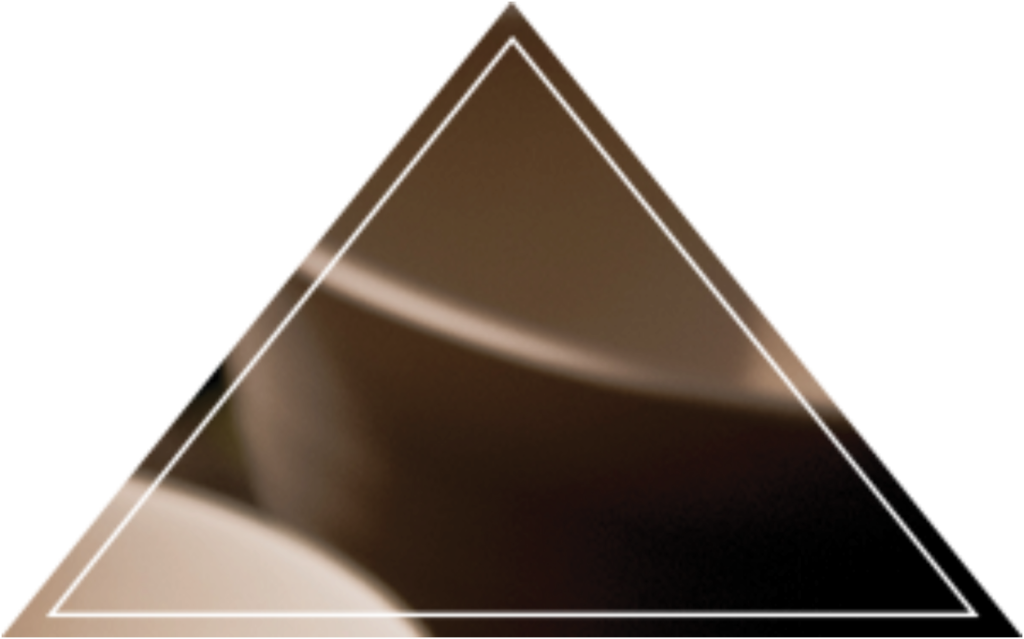PRE-OPERATIVE INSTRUCTIONS
INSTRUCTIONS
Instructions:
Instructions:
- Take all of your medications as prescribed by your medical doctor (unless instructed differently).
- Prescriptions will be send to your pharmacy either prior to or the day of surgery. If they were send prior to your surgery, please follow instructions specifically given to you. (Example: taking the prescribed antibiotics the day prior to your surgery and taking the prescribed pain medication one hour prior to your procedure).
- Do not skip meals and ensure you have had something to eat prior to your surgery, unless specifically told otherwise or you are undergoing oral sedation. (link to oral sedation instructions).
- Ensure you have a good night’s sleep the night prior to your procedure. Try to get at least 8 hours of sleep if possible. Melatonin can help!
- If you are diabetic, ensure your blood glucose levels are not too low or too high prior to your surgery. If you have a blood glucose monitor at home, test your glucose level within an hour of your appointment and please share the results with us when you arrive. You may bring your blood glucose monitor with you to your appointment.
- If there have been any major changes to your medical history (changes in medications, A1c levels, ER visits, surgeries, new diagnosis, illness, malaise, cough, trouble breathing), please call us and let us know about it as soon as possible in case we need to re-schedule your appointment.
- If you take blood thinners (Plavix, Aspirin, Coumadin), please follow specific instructions given to you during your consultation. Do not stop taking them unless instructed by your medical doctor. If you are prescribed Warfarin (Coumadin) please ensure you obtain an INR the day of, or the day prior to, your surgery and be prepared to share your INR with us when you arrive.
- If you are undergoing oral sedation, please disregard these instructions and follow specific instructions relating to oral sedation. (click here for oral sedation instructions).
- If you are prescribed an inhaler, please bring it with you to your appointment.
- If you are undergoing a procedure where high levels of swelling is expected, please consider purchasing and taking Arnica Montana. This natural plant-derived product helps decrease swelling, pain, and bruising. It is most effective when initial dose is taken two days prior to your procedure and continued use 1-2 weeks after the procedure.
- Please refrain from smoking or use of any tobacco products (cigars, chewing, vaping, hookah, etc) two weeks prior to your procedure and minimally 3 weeks after.
- Please wear comfortable clothing. We will need to access your arms to take your blood pressure. We recommend closed-toe shoes and loose clothing. Dental offices typically run cold, so wear socks and bring a sweater/jacket just in case.
- Most oral surgical procedures involve instructions to adhere to a soft food diet for a period of two weeks, sometimes more. (Please see post-operative instructions for more information). Prepare ahead of time so you are not having to go grocery shopping right after your surgery.
- We recommend a reliable driver to drive you to and from your appointment. This will allow you to relax on your drive home and start the healing process without the stress of driving.
- Most oral surgery involves a certain level of bleeding. Your doctor will give you specific instruction on how to manage bleeding at home. However, if you have or are able to purchase black tea bags, this can be used in place of a gauze to stop the bleeding. Black tea has properties that aid in blood clotting.



